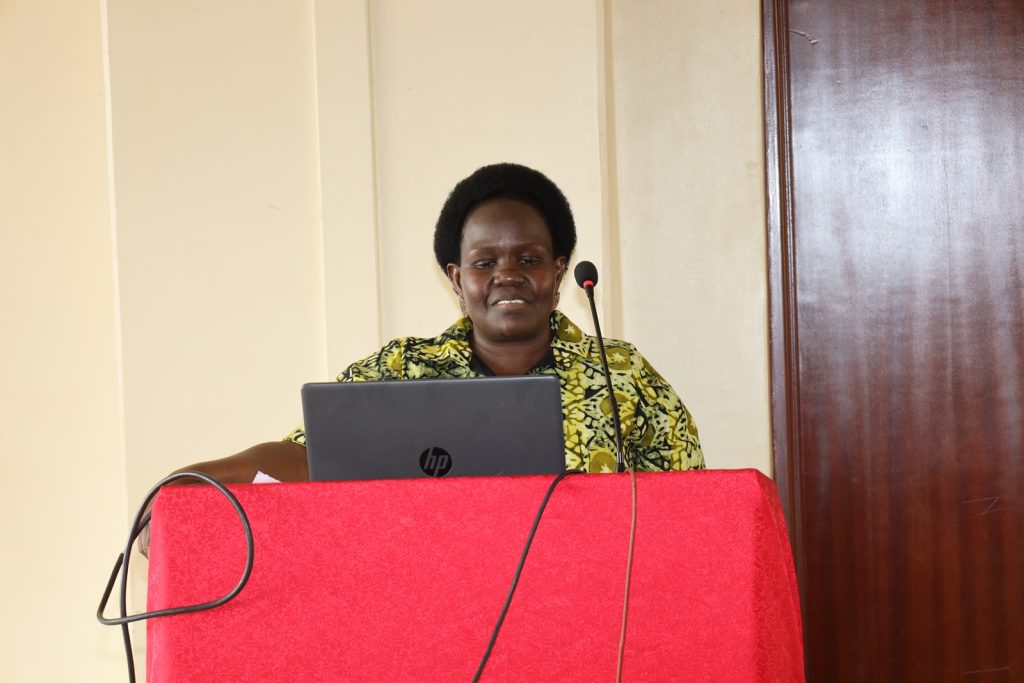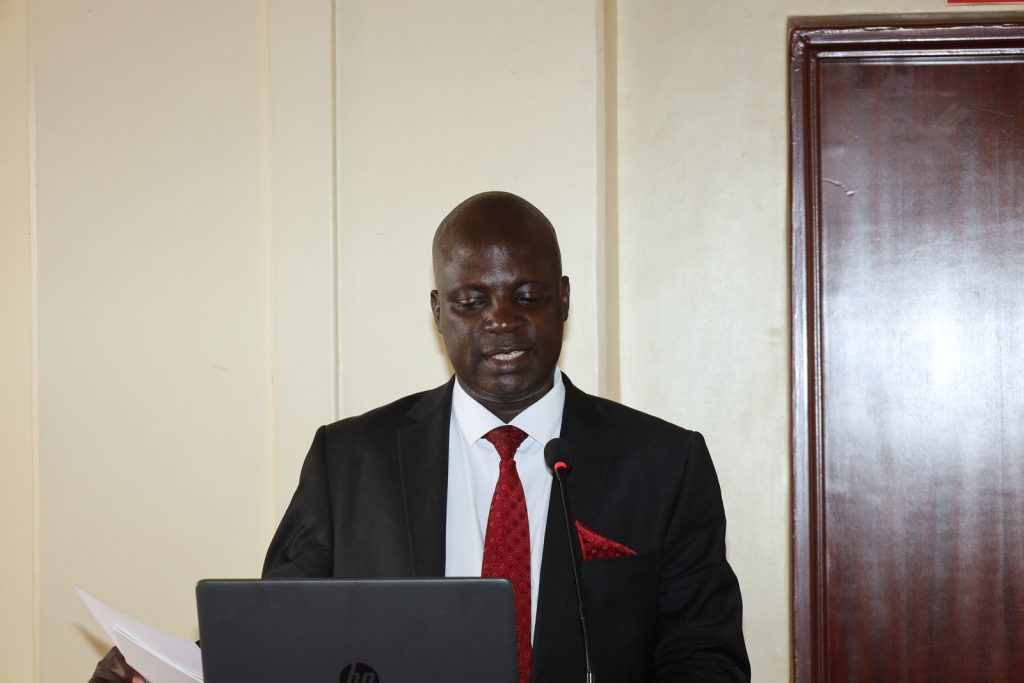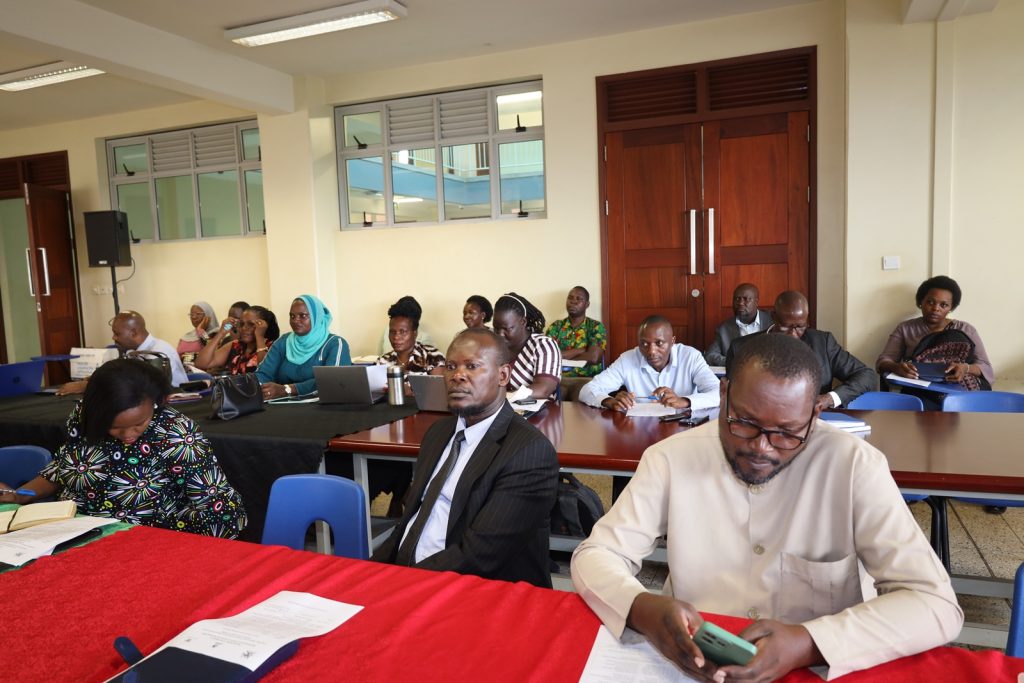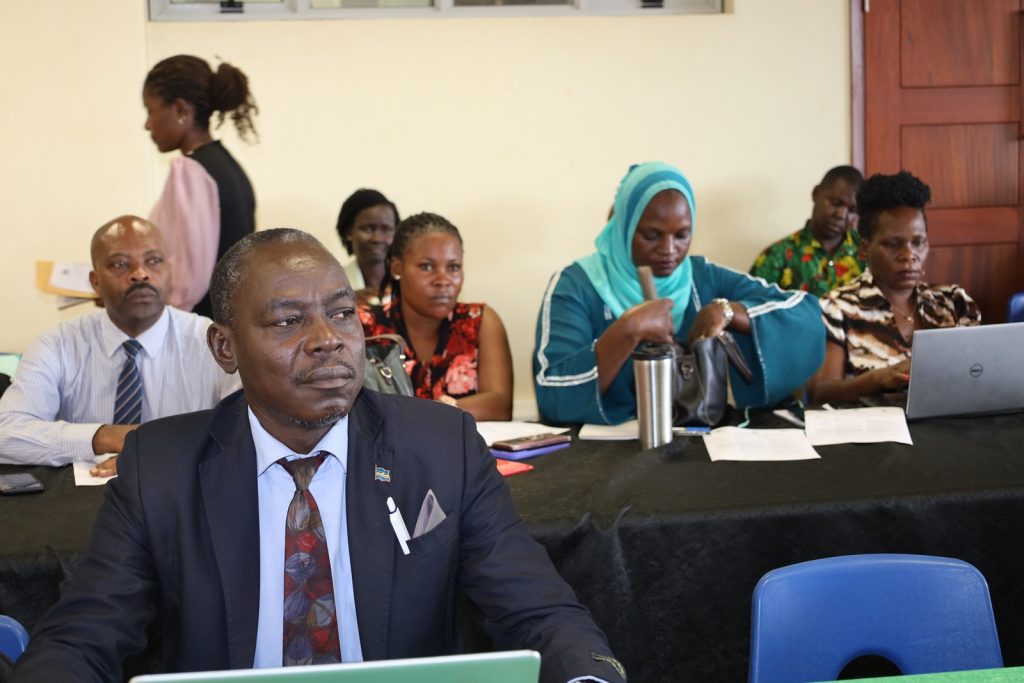A recent study by the Capability Enhancement Project for Innovative Doctoral Education at Ugandan Universities (CEPIDE) reveals significant challenges in the country’s doctoral education system. The study, conducted over the period 2011-2024, underscores low conversion and completion rates among doctoral candidates in Uganda, raising concerns about the future of the nation’s research and innovation capacity.
The study findings were released during a dissemination workshop held on May 30, 2024 at Makerere University.
Key Findings:
- Low Transition Rates: Only 7.6% of master’s graduates advanced to doctoral studies.
- Enrollment Figures: Public institutions enrolled approximately 1,903 doctoral students from 2011 to 2020.
- Completion Rates: Of these, only 69.6% completed their doctoral programs by 2024, amounting to just 1,324 graduates.
- Institutional Disparities: Makerere University dominated doctoral completions, accounting for 81.4% of the total.
- Gender Disparity: Female graduates represented only 33.8% of doctoral completions.
- STEM Focus: 58% of doctoral completions at Makerere University were in STEM fields.

Challenges Identified:
The study highlights several constraints impacting the doctoral pipeline, including:
- Supervision Challenges: Insufficient support and resources for doctoral supervisors.
- Situational Factors: External and personal circumstances affecting students’ ability to complete their studies.
- Institutional Factors: Lack of robust support systems within universities.
- Student Characteristics: Variability in students’ preparedness and resilience.
The team also used the same forum to unveil and launch a course module intended to equip supervisors with more skills. The course named Innovative Doctoral Supervision for the 21st Century: Specialized Capacity Building Training Course for Doctoral Supervisors in Uganda.
Speaking at the launch, the guest of honour, the ED of the NCHE, represented by Dr. Norah Miliira underscored the importance of doctoral studies saying NCHE recognizes the need for critical high-level knowledge and skills to power Uganda’s economy through research and Innovations. Dr. Muliira noted that NCHE had proposed to government to include a National Research Fund in its planning in an effort to support doctoral research.

Prof. Julius Kikooma, the Dean East African School of Higher Education and Development, advised that if we are to meet the development needs of the country, we ought to produce 1,000 PhDs every year.
Prof. Anthony Mugagga, the Principal of CEES called on NCHE to formulate PhD policies that have crosscutting courses, a thing he said would help in quality assurance.
The Executive Secretary-Uganda National Council for Science & Technology, in a speech read for him by Ms Beth Mutumba said the council is set to establish a research integrity code of conduct for which universities will have institutionalized policies to cab unethical practices and continue dissemination of the national regulatory frameworks.
Dr. Hamis Mugendawala who represented the ED of National Planning Authority cautioned universities against focusing on training more PhDs but rather focus on training quality PhDs in skills scarce areas. He pledged NPA’s support in implementing some of the key recommendations of the study.

The research is funded by the government of Uganda through the Makerere University Research and Innovations Fund. Represented by Prof. Robert Wamala, the MakRIF chair, Prof. Fred Masagazi-Masaazi, congratulated the research team upon the study and said that the findings will be crucial in guiding policy makers and stakeholders in addressing the skills gap in the country. He emphasized the importance of collaboration between universities and government agencies to ensure that research outcomes are effectively utilized for national development. He appreciated government’s support to the university.
Conclusions: The study concludes that Uganda’s doctoral pipeline is “leaky and constrained,” resulting in low participation in graduate education and subsequently fewer researchers in the national system. This shortfall affects the country’s ability to achieve Sustainable Development Goal (SDG) Target 9.5 and hampers progress toward national development goals. Additionally, the underrepresentation of women in research careers may further impede efforts to attain gender parity.
Recommendations:
CEPIDE proposes several measures to address these issues:
- National Framework: Development of a national framework for doctoral education to enhance quality and accountability.
- Research Culture: Promotion of a supportive research culture, ensuring proper funding and resources.
- Supervisor Training: Mandatory training and certification for doctoral supervisors.
- Equity Initiatives: Affirmative actions to boost female participation in doctoral programs and research careers.
- Quality Assurance: Establishment of a specialized quality assurance system for doctoral education.
- Institutional Support: Enhanced support services for graduate students, focusing on information, resources, and personal wellbeing.

Implications for the Future:
These recommendations aim to bolster Uganda’s research and innovation ecosystem by improving the doctoral education pipeline. Implementing these measures is crucial for increasing the number of doctoral graduates, enhancing research capacity, and fostering national development. The focus on gender parity and STEM fields aligns with Uganda’s strategic priorities, but addressing systemic issues in the doctoral education system remains essential for sustained progress.
About CEPIDE:
The Capability Enhancement Project for Innovative Doctoral Education at Ugandan Universities (CEPIDE) is part of the Makerere University Research and Innovation Fund (Mak-RIF). It is funded by the Government of Uganda to support impactful research and innovation, aiming to align academic outputs with national development priorities.
As Uganda continues to position itself as a knowledge society, the findings and recommendations of the CEPIDE study offer a roadmap for strengthening doctoral education and, by extension, the nation’s research and innovation potential.
Research Team:
Dr. Irene Etomaru, Dr. Tom Darlington Balojja, Dr. Louis Theophilus Kakinda











